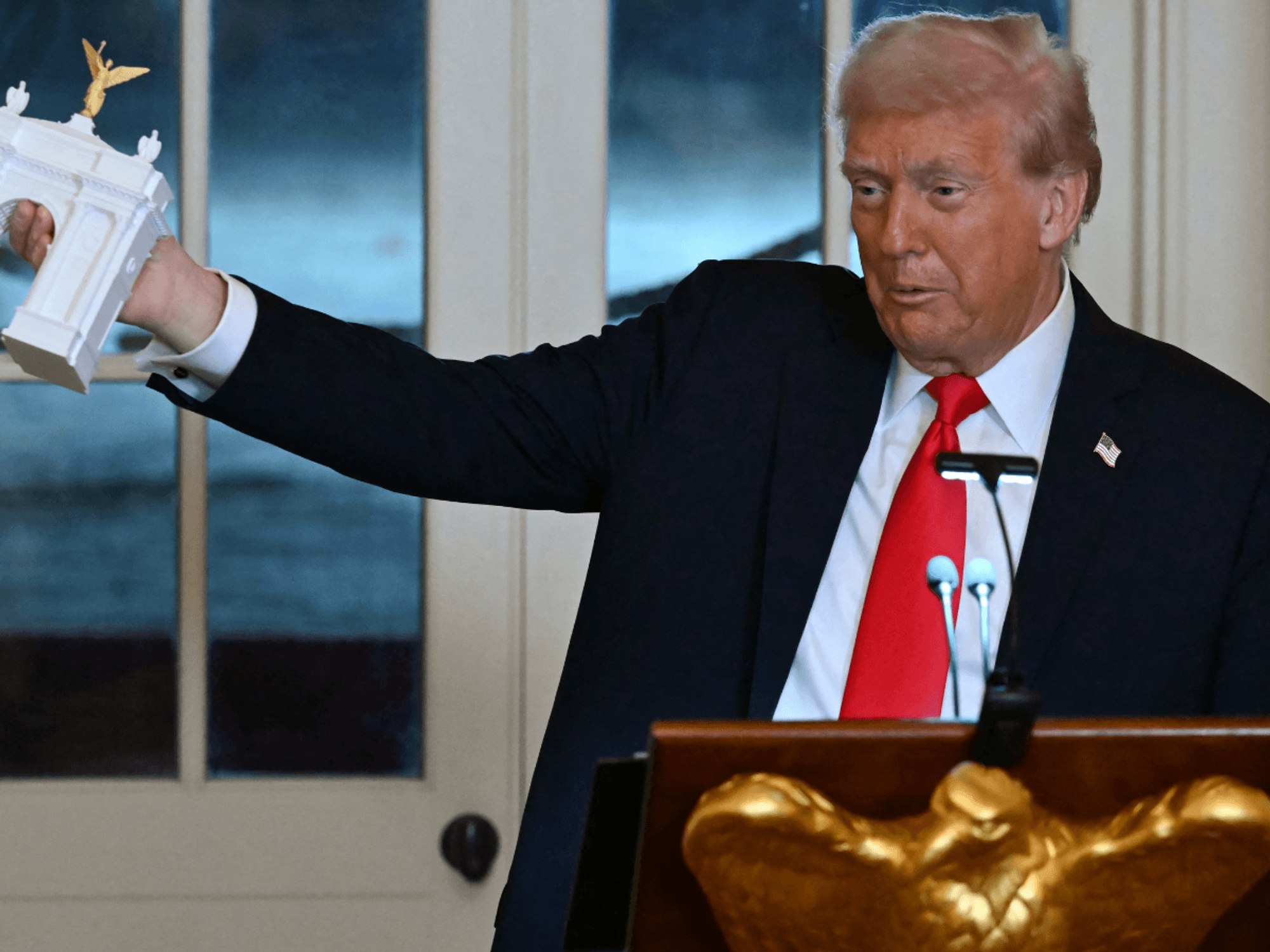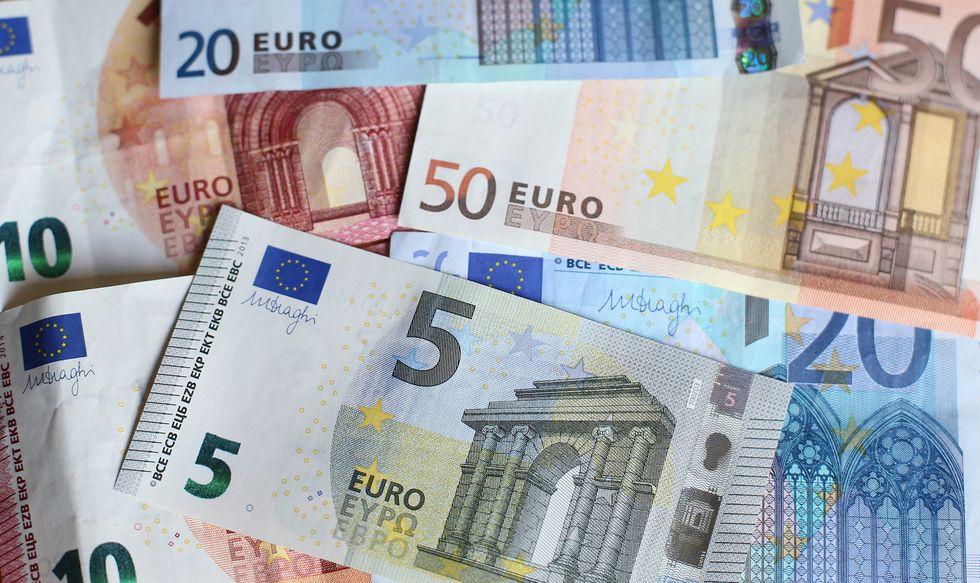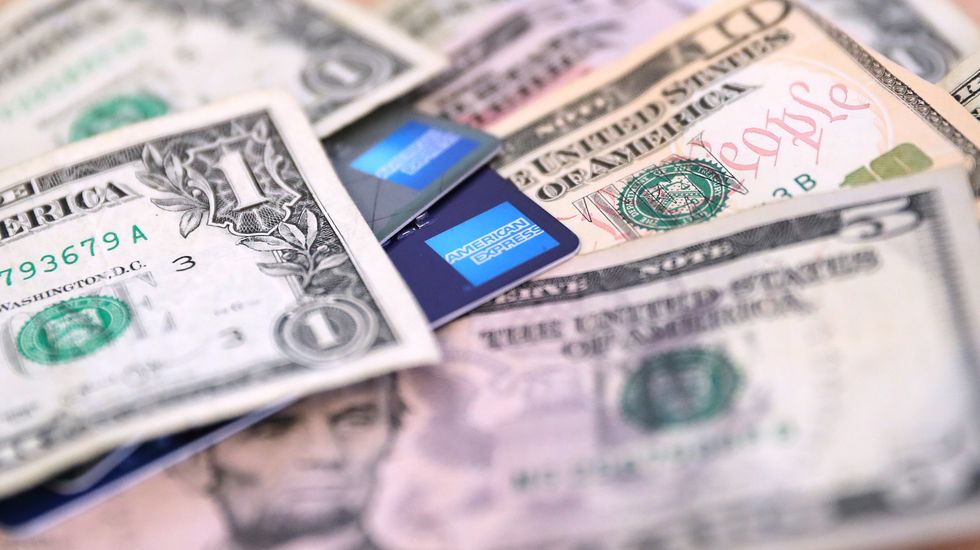Euro falls below $1.00 for first time since December 2002
The war in Ukraine has pushed the currency below the symbolic level of $1.00 for the first time in nearly 20 years
Don't Miss
Most Read
At 12:45 GMT today, a single euro purchased a mere $0.998 on the foreign exchange market, down by 0.4 percent in the day's trading.
GB News presenter Darren McCaffrey took to Twitter to break the news, stating: "Euro fell below the symbolic level of $1.00 for the first time since December 2002."
Mounting scepticism as to whether Russia may sever Europe's energy supplies is increasing the probability of recession in the Euro area.
On Monday, Moscow temporarily suspended gas deliveries via the Nord Stream One pipeline, for annual summer maintenance works.
The euro fell below $1.00 for the first time since December 2002
Niall Carson
The pipeline is Europe's largest piece of gas import infrastructure, responsible for transporting 55 billion cubic metres of gas per year, from Russia to Germany via the Baltic sea.
The routine 10-day suspension of gas flow, has sparked fears of a more permanent axing of supplies.
The European Central Bank has fallen behind other central banks in motioning a raise in rates, further weakening the euro.
The dollar remained strong as the US central bank raised interest rates early on
Andrew Matthews
In comparison the dollar has remained strong in recent months, kept afloat by the US central bank, who raised interest rates, forcing investors to seek a safe haven of dollar assets in financially turbulent times.
Countries who trade in euros will encounter increasing difficulties in the coming months, as the cost of importing will increase, particularly products priced in dollars, such as crude oil.
Ultimately, this could cause even higher inflation in the eurozone, which reached 8.6 percent in June.
A spokesperson for the European Central Bank said it refrains from focusing on a "particular exchange rate" but added "we are always attentive to the impact of the exchange rate on inflation, in line with our mandate for price stability".
The ECB is anticipated to raise interest rates next week, to battle falling rates.
Since the start of the year, the euro has plummeted almost 12 percent against the dollar.
The last time the market witnessed a similar depreciation, was in December 2002, when the euro was traded below the dollar, less than a year after euro notes and coins were circulated.
In its short two-decade history, the euro has become the second most sought after currency in global foreign exchange reserves.
The daily turnover in the euro/dollar is the highest among currencies in the global $6.6trillion-per-day market.













